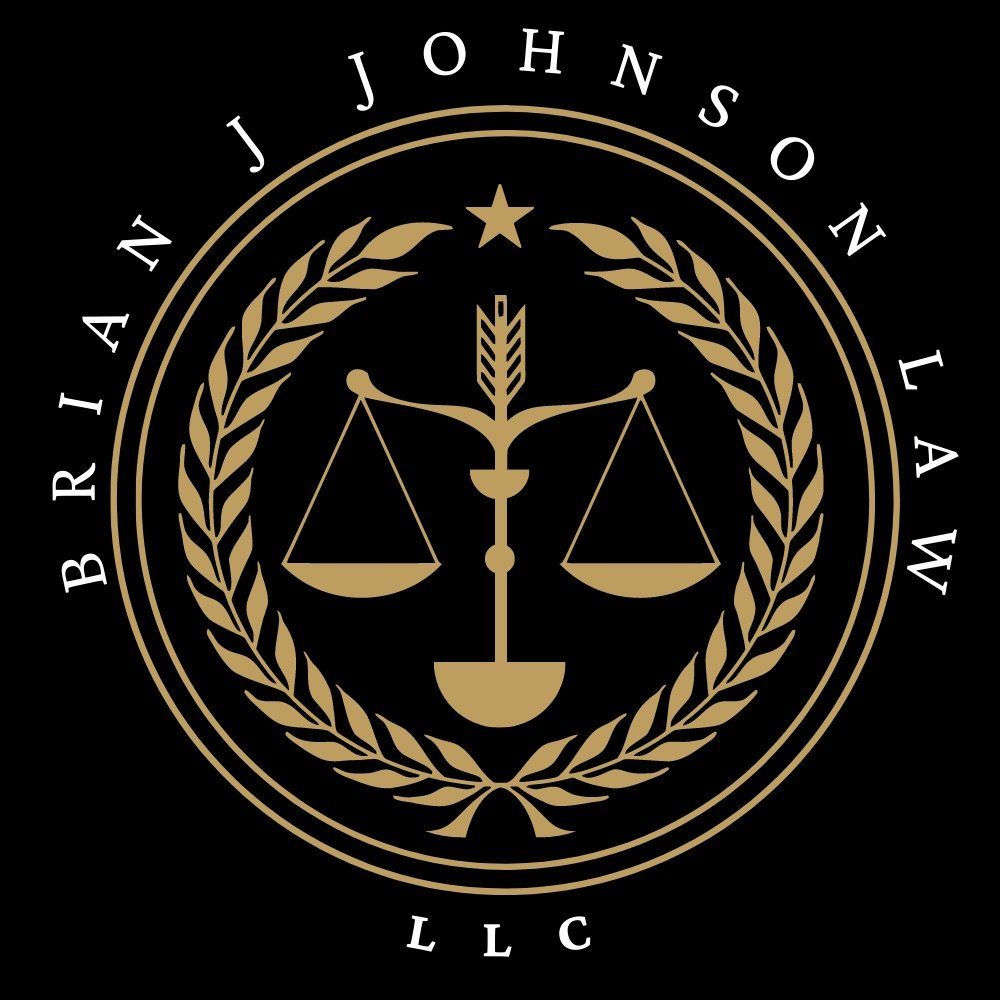The Illusion of Fairness: When Justice Depends on the Draw
Why Winning in Court Isn't Just About the Law - It's About Who's Holding the Gavel

You’ve seen it on TV. The righteous defense lawyer stands, makes a killer argument, the judge bangs the gavel, and justice is served.
Now here’s how it really works:
You walk into court, and within five minutes, you already know how it’s going to go.
Why? Because the judge has a reputation. A pattern. A predictable reflex based upon their own personality, experiences, and opinions. And your client’s fate may have less to do with the law—and more to do with the fact that you drew the short straw on the bench.
Welcome to the real criminal justice system - where idealism dies somewhere between discretion and deference.
Judges Don’t Just “Call Balls and Strikes”
Let’s put this myth to rest: judges are not neutral umpires. They’re players in the game—with tremendous influence over how it’s played.
They decide:
• What evidence the jury hears.
• Whether an expert is qualified.
• Whether the officer “technically” violated rights, but not enough to matter.
• And most critically: what happens if your client loses.
And here’s the kicker:
Even if they get it wrong—provably, undeniably wrong—there’s a decent chance it won’t matter. Because in the eyes of appellate courts, a lot of judicial error is just… “harmless.”
“Harmless Error” – The Court’s Favorite Shrug
Let’s say a judge improperly excludes key evidence. Or overrules your motion to suppress even though the officer clearly violated the Fourth Amendment. You think: Fine, we’ll appeal. Surely someone will fix this. But appellate courts have a built-in escape hatch called harmless error.
Translation: Yes, the trial court screwed up. But we don’t think it changed the outcome. It turns constitutional violations into footnotes. It tells clients: “You were right—but not right enough.” And it tells defense lawyers: “You better win now, because good luck fixing it later.”
Sentencing: Where Discretion Becomes Power
If judicial error at trial feels frustrating, wait until you get to sentencing.
In Indiana, judges have broad discretion in sentencing. And by “broad,” I mean almost unreviewable. A judge can give your client the maximum sentence within the statutory range—no parole, no probation—without explanation, and it will almost always stand on appeal. The appellate standard is “abuse of discretion.” But unless the judge goes completely rogue, that bar is practically unreachable.
Here’s what that means in real life:
Two clients with identical records and charges can walk into two different courtrooms and come out with radically different sentences—simply because one judge “believes in rehabilitation,” and the other “believes in accountability.”
There’s no panel of fairness referees.
There’s no system to reassign judges because they’re too harsh.
You get what you get—and your only real job as a defense attorney is to try to navigate the storm.
“You Can’t Pick Your Judge”—But You’re Stuck With Them
If a judge is known for ruling with the State on 90% of evidentiary issues… you don’t get to opt out. If a judge refuses to believe a word a defense expert says… you don’t get a mulligan.
In Indiana, once you’re assigned a judge, that’s it. Unless there’s a legal reason—like a conflict of interest—you’re stuck. The fact that your judge has a track record of favoring prosecutors doesn’t count. There’s no “bias challenge” just because your judge’s sentencing philosophy is a death sentence for first-time offenders. No red button to eject when your pretrial motions get rubber-stamped with denials. And that reality shapes everything—from how a case is negotiated, to whether you ask for a bench trial or jury, to how you prep your client emotionally. It’s not about “justice.” It’s about predicting how the system will behave and adapting fast enough to protect your client from it.
The Grim Odds of Appeal
Let’s say you decide to appeal anyway. Buckle up.
Appeals in criminal cases are a grind:
• Months—sometimes years—of briefing and waiting.
• Strict deadlines and technical requirements.
• A reviewing court that won’t give your client a new trial just because the judge got creative with the rules.
And the odds?
Over 90% of criminal appeals in Indiana end with the same result: conviction and sentence affirmed.
That’s not a typo. That’s your reality.
Because appellate courts defer to trial courts. They assume judges made reasonable calls. They bend over backward to uphold verdicts in the name of “finality.”
So when clients ask, “Can we appeal this?” the honest answer is:
“Yes, but don’t get your hopes up. The same system that let this happen isn’t going to be eager to undo it.”
What This Means for Real-World Defense Strategy
This isn’t meant to be discouraging. It’s meant to be honest.
If you’re facing charges—or if you’re a defense attorney guiding someone who is—you have to understand the battlefield.
You don’t get to choose your referee.
You don’t get replays.
And if the deck is stacked against you, the only thing you can do is change the strategy.
That means:
• Fight pretrial battles like they’re your last chance.
• Prepare for sentencing like it’s the main event—not the epilogue.
• Vet your judge’s tendencies. Talk to other attorneys. Know who you’re dealing with.
• And yes—manage your client’s expectations. The courtroom is not the clean, deliberative arena they see on TV. It’s messy, political, and often cruel.
The Bottom Line: Fairness Is a Myth. Strategy Is Survival.
The justice system sells a vision of fairness—blindfolded Lady Justice, equal scales, neutral judges.
But here’s the truth we live every day in court:
Fairness is aspirational. Discretion is real. And the law is often what the judge says it is—until someone with the power to disagree says otherwise.
If you’re looking for a legal team that knows how to navigate that reality—and win in spite of it—call us.
We don’t sell fairy tales. We build strategies that work in the real world.
Your defense starts the minute they charge you—and sometimes, the only justice is what we fight for ourselves.
Contact us today at 317-718-7000 or brian.johnson@bjjohnsonlaw.com

